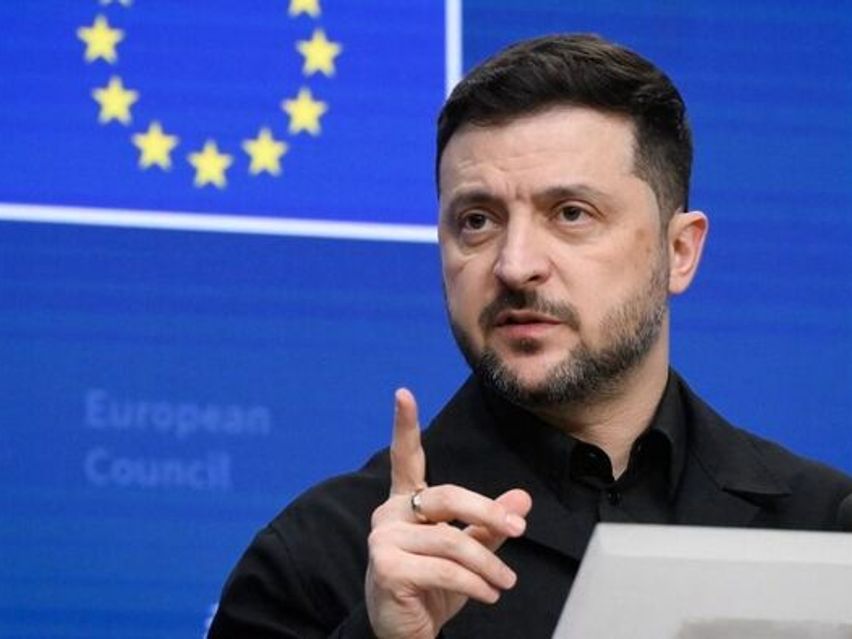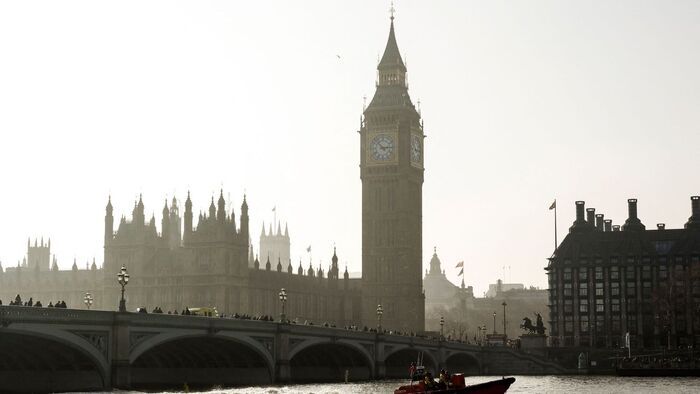"This is clearly a political attack. Had the European Court of Justice pronounced this earlier, it would have impacted domestic election outcomes, presumably in favor of the governing parties. Secondly, Brussels is now interested in forcing the Hungarian government into a bargaining position that is favorable to Brussels. But the Hungarian government will not let this happen," the EUSTRAT researcher, told Magyar Nemzet.
The European Court of Justice ordered Hungary to pay two hundred million euros (around eighty billion forints) for "failing to comply" with EU law, including in the area of procedures for granting international protection and returning nationals of non-EU countries illegally staying in the EU.
The punishment was based on a previous case brought against Hungary: the government, under pressure from the European Union, dismantled the tranzit zone in 2020.
Before the closure, the border transit zone was not entirely sealed, allowing migrants freedom to leave into Serbia. The Strasbourg Court (ECtHR), applying the European Convention on Human Rights, ruled that the one-way transit zone does not constitute detention. The European Court of Justice (ECJ), on the other hand, countered the ruling, stating that it does constitute detention, which is contrary to EU rules and therefore unlawful.
Conservatives have gained strength: What does this have to do with the ruling?
The researcher remarked that the political composition of the European Parliament (EP) is changing, with a stronger presence of conservative parties, making it much more difficult for the European People's Party (EPP) and its left-wing allies to get their way in the Parliament.
"Conservative forces need to be persuaded to support certain ideas," she said. The researcher believes that
with this decision, Brussels wants to send a message to the countries and political forces opposing migration: this is what happens to those who do not follow the EU's immigration policy.
Yet the people of Europe have most recently voted for common sense rationality and not for the EU's misguided migration stance of the past ten years.






















Szóljon hozzá!
Jelenleg csak a hozzászólások egy kis részét látja. Hozzászóláshoz és a további kommentek megtekintéséhez lépjen be, vagy regisztráljon!